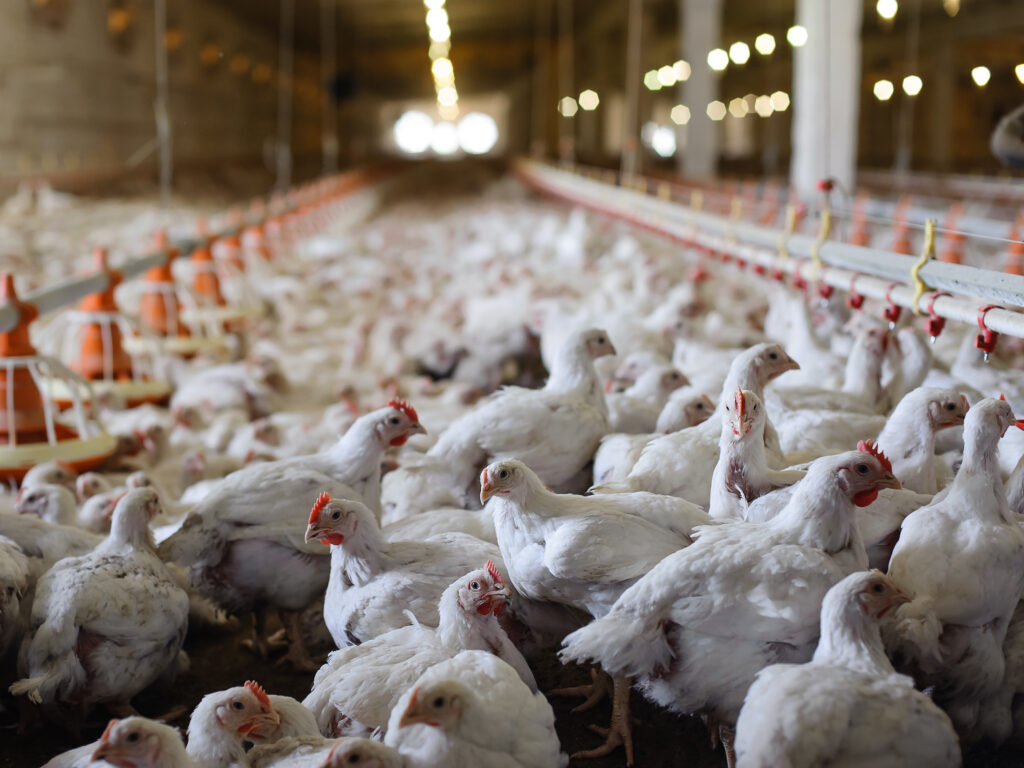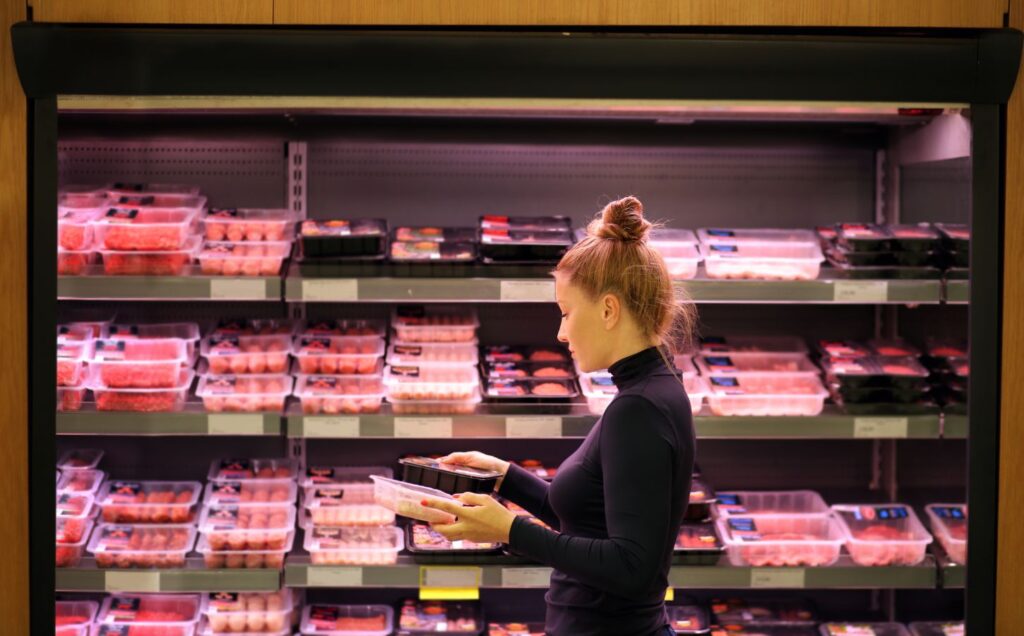Undercover audio reportedly from an employee of the USA’s largest meat processing company has shed light on the reality of the “free-range” meat label.
Animal rights organization Animal Outlook released the audio. It was part of an investigation into a number of chicken farms owned by Tyson, as well as its competitors.
As reported by Vox, the undercover investigator recorded a conversation with a farm manager and a “broiler technician advisor” at Tyson. The latter individual worked with a number of chicken farms in Jetersville, Virginia. The farm where the recording was made was not free-range, and the discussion did not focus on one farm in particular.
The myth of free-range
The technician is said to have acknowledged that the “free-range” chicken label is more or less meaningless. At the start of the conversation in question, the farm manager speculated how a Tyson competitor handles “free-range” chickens. To this, the technician replied: “Those birds don’t go outside — you know that. They don’t all go out … Look that up online.”
The farm manager then said: “It’s not like they make it like all of ’em come out and enjoy the sun. That is strictly for commercial [advertising] purposes. They pick the prettiest birds [for commercials] and they toss ’em out in the grass.”
To this, the technician points out that “breeder birds” (those used primarily for breeding, rather than meat) are often used for advertising as they look healthier.
Speaking to Vox about the findings, the investigator said: “Usually people in [the technician’s] type of position are very guarded about what they say… For her to be so blatant and upfront about this — I was really shocked.”
What does free-range actually mean?

This investigation is just the latest bit of evidence that suggests “free-range” is little more than a marketing tactic.
Many people believe that free-range chickens are raised outdoors. Commercials and advertising campaigns often put across the image that birds spend their lives on green pastures with plenty of space.
The reality, however, often looks very different. To qualify as free-range, under USDA guidelines, producers must attest that birds have some access to the outdoors for most of their lives. In practice, this may mean that chickens are kept in cramped barns with tens of thousands of other birds for most of their lives. The outdoor “access” may be a small door that many may never be able to reach, due to injury, lack of space, or strict pecking orders in the flock.
There are some farms that raise birds outdoors either all or some of the time, but huge broiler farms are also able to use the free-range label if they offer potential outdoor access.






